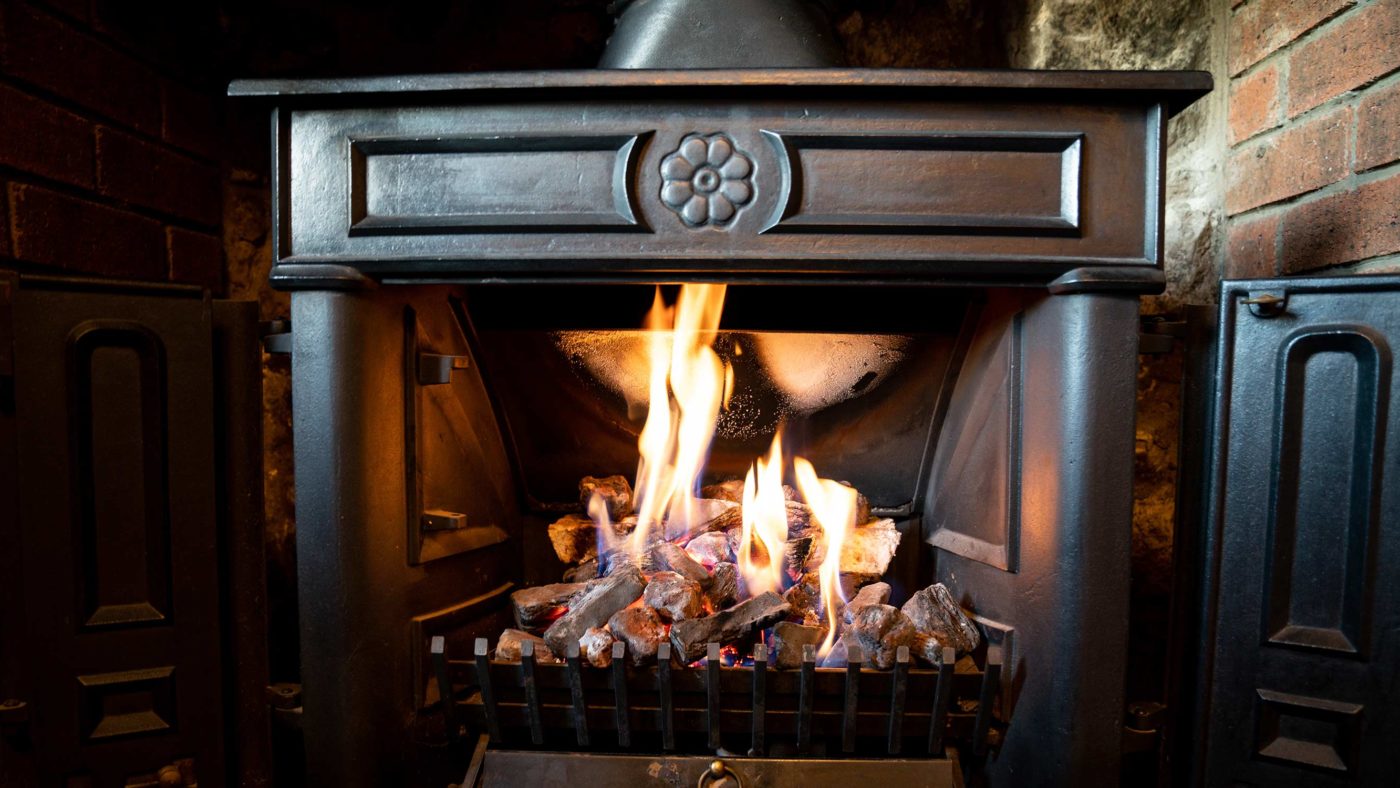As the UK experienced several heatwaves this summer, the thought of cosying up to a fire in the cold winter months seems like a distant prospect.
With 55% of UK households set to enter fuel poverty by January and the majority of people already reducing their gas and electricity consumption, we are likely to see increased rates of domestic burning as people seek to avoid using their eye-wateringly expensive central heating. Whilst comforting and cheap, burning fuel indoors comes with huge health risks.
The Government should not only do more to raise awareness of those risks, but also support households to improve their energy efficiency, so indoor burning doesn’t become normalised.
Nor is it the case that using a fireplace is the preserve of the well-off. Of the 8% of the UK population that burns fuels such as wood or coal indoors, one in ten have a household income below £20,000 a year and 12% are in semi-skilled and unskilled manual occupations, or unemployed. Almost half (47%) of those who burn at home do so in order to save money or to supplement their main source of heating, often heating just one room in order to reduce their energy costs.
While heating just one room using an indoor stove or open fire may save people money on their energy bills in the short-term, the potential long-term cost to their health and the environment is grave. Domestic burning releases dangerous particulate matter that has been found to cause asthma, strokes, lung cancer and even dementia. It also accounts for a significant amount of air pollution, with domestic burning contributing to a quarter of fine particulate matter emissions in 2020. Even new eco-design wood stoves are found to emit 750 times more fine particulate matter than a modern HGV truck.
The Department for Environment, Food and Rural Affairs already launched an information campaign to encourage people to engage in better burning practices in 2020. This campaign needs to be updated and expanded this year to not only encourage people to use better quality fuels when burning, but to also urge people to reduce the rates at which they burn indoors for the sake of their health.
However, warnings alone won’t convince people to stop domestic burning, especially when energy prices present a much more immediate danger. To really tackle this problem, the Government should also expand support for households to invest in energy efficiency measures that will help keep their homes warmer for longer.
One way to do this would be bringing back the scrapped Green Homes Grant Scheme to help households finance better insulation. The old scheme offered homeowners grants of up to £5,000 (and £10,000 for low-income households) to install energy efficiency measures such as different types of insulation, heat pumps, solar thermal water heating and biomass boilers. The scheme has now been replaced by the Boiler Upgrade Scheme, which provides grants for homeowners to install low-carbon heating systems such as heat pumps or biomass boilers. As a result, there is currently no financial support available for households to finance better insulation.
A revamped Green Homes Grant scheme could cover this gap by providing grants for household insultation measures that will help reduce energy bills. The new scheme could also encourage landlords to apply on behalf of their tenants so that those living in rented properties do not miss out on government help.
The potential savings are considerable: for instance, installing solid wall insulation in a semi-detached gas-heated house would save an average household £225 a year, cavity wall insulation another £165 and loft insulation £150. Overall, upgrading a home from an Energy Performance Certificate rating of D to C would save a household £600 on annual gas and electricity bills, on top of the £400 government fuel rebate for all households – all of which would reduce the incentive for people to burn fuel indoors.
Without this support, however, the Government risks a burgeoning public health crisis from people breathing dirty air as they desperately try to stay warm this winter.
Click here to subscribe to our daily briefing – the best pieces from CapX and across the web.
CapX depends on the generosity of its readers. If you value what we do, please consider making a donation.


